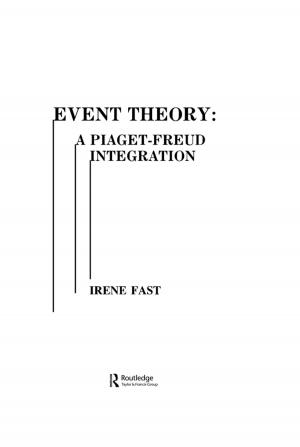Securing and Sustaining the Olympic City
Reconfiguring London for 2012 and Beyond
Nonfiction, Sports, Olympics| Author: | Pete Fussey, Jon Coaffee, Dick Hobbs | ISBN: | 9781317058205 |
| Publisher: | Taylor and Francis | Publication: | April 1, 2016 |
| Imprint: | Routledge | Language: | English |
| Author: | Pete Fussey, Jon Coaffee, Dick Hobbs |
| ISBN: | 9781317058205 |
| Publisher: | Taylor and Francis |
| Publication: | April 1, 2016 |
| Imprint: | Routledge |
| Language: | English |
Often seen as the host nation's largest ever logistical undertaking, accommodating the Olympics and its attendant security infrastructure brings seismic changes to both the physical and social geography of its destination. Since 1976, the defence of the spectacle has become the central feature of its planning, one that has assumed even greater prominence following the bombing of the 1996 Atlanta Games and, most importantly, 9/11. Indeed, the quintupled cost of securing the first post-9/11 summer Games in Athens demonstrates the considerable scale and complexity currently implicated in these operations. Such costs are not only fiscal. The Games stimulate a tidal wave of redevelopment ushering in new gentrified urban settings and an associated investment that may or may not soak through to the incumbent community. Given the unusual step of developing London's Olympic Park in the heart of an existing urban milieu and the stated commitments to 'community development' and 'legacy', these constitute particularly acute issues for the 2012 Games. In addition to sealing the Olympic Park from perceived threats, 2012 security operations have also harnessed the administrative criminological staples of community safety and crime reduction to generate an ordered space in the surrounding areas. Of central importance here are the issues of citizenship, engagement and access in urban spaces redeveloped upon the themes of security and commerce. Through analyzing the social and community impact of the 2012 Games and its security operation on East London, this book concludes by considering the key debates as to whether utopian visions of legacy can be sustained given the demands of providing a global securitized event of the magnitude of the modern Olympics.
Often seen as the host nation's largest ever logistical undertaking, accommodating the Olympics and its attendant security infrastructure brings seismic changes to both the physical and social geography of its destination. Since 1976, the defence of the spectacle has become the central feature of its planning, one that has assumed even greater prominence following the bombing of the 1996 Atlanta Games and, most importantly, 9/11. Indeed, the quintupled cost of securing the first post-9/11 summer Games in Athens demonstrates the considerable scale and complexity currently implicated in these operations. Such costs are not only fiscal. The Games stimulate a tidal wave of redevelopment ushering in new gentrified urban settings and an associated investment that may or may not soak through to the incumbent community. Given the unusual step of developing London's Olympic Park in the heart of an existing urban milieu and the stated commitments to 'community development' and 'legacy', these constitute particularly acute issues for the 2012 Games. In addition to sealing the Olympic Park from perceived threats, 2012 security operations have also harnessed the administrative criminological staples of community safety and crime reduction to generate an ordered space in the surrounding areas. Of central importance here are the issues of citizenship, engagement and access in urban spaces redeveloped upon the themes of security and commerce. Through analyzing the social and community impact of the 2012 Games and its security operation on East London, this book concludes by considering the key debates as to whether utopian visions of legacy can be sustained given the demands of providing a global securitized event of the magnitude of the modern Olympics.















